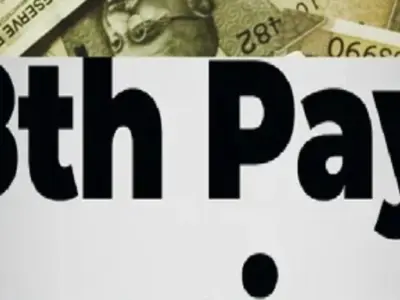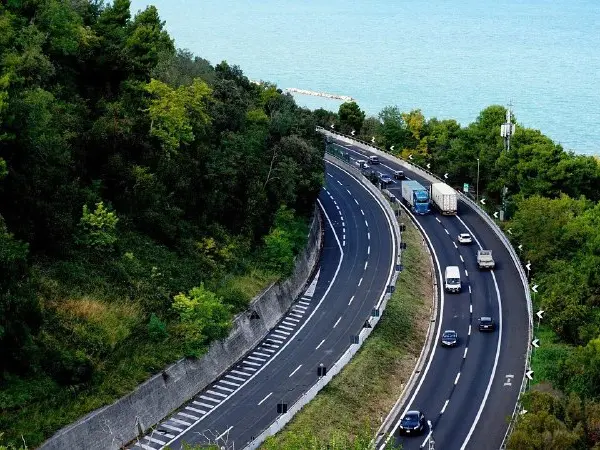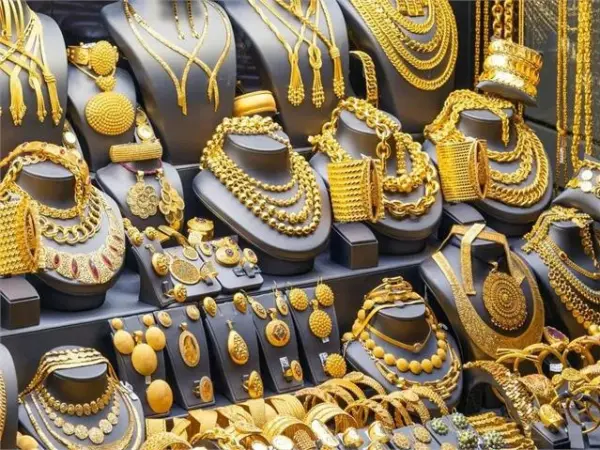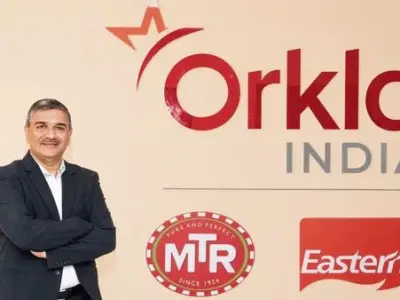Supreme Court to Deliver Judgment on Legal Recognition for Queer Marriages in India
The Supreme Court is soon to deliver its judgment on the batch of petitions seeking legal recognition for queer marriages in India. A bench comprising Chief Justice of India DY Chandrachud, Justice Sanjay Kishan Kaul, Justice S Ravindra Bhat, Justice Hima Kohli, and Justice PS Narasimha had started hearing the matter on April 18, with a reserved judgement expected on May 11, 2023. With Justice Bhat set to retire on October 20, 2023, the judgement on marriage equality is expected to come out soon.
Background
There are twenty petitions which will be decided by the bench, filed by various same-sex couples, transgender persons, and LGBTQIA+ activists challenging the provisions of the Special Marriage Act 1954, Hindu Marriage Act 1955, and the Foreign Marriage Act 1969 to the extent these legislations do not recognize non-heterosexual marriages. During the course of the hearings, the bench expressed that it will confine the issue only to the Special Marriage Act and will not touch personal laws.
Union Government’s Willingness to Consider Certain Rights for Same-Sex Couples
A significant development in the case was the willingness expressed by the Union Government ★which had opposed the petitions on the ground that it is a matter for the Parliament to decide ★to consider if certain rights could be conferred upon same-sex couples short of legal recognition as marriage. This was in response to a query raised by the Court if certain executive instructions could be issued to ensure that same-sex couples have access to welfare measures and social security ★such as permission to open joint bank accounts, to name a partner as a nominee in life insurance policies, PF, pension, etc.
Debate Over Gender Neutral Interpretation of the Special Marriage Act
The bench also mulled over whether a declaration of the right to marry for same-sex couples could be issued without interfering with the existing statutes. The petitioners argued that the words “husband” and “wife” in the Special Marriage Act should be read in a gender-neutral manner as “spouse” or “person”. The Union Government opposed this, stating that the Special Marriage Act was enacted with an altogether different purpose in mind and that it never contemplated bringing homosexual couples under its ambit. The Centre also argued that such an interpretation would disrupt various other legislations which deal with adoption, maintenance, surrogacy, succession, divorce, etc.
Interventions and Arguments
The National Commission for the Protection of Child Rights expressed concerns about allowing same-sex couples to adopt, while the Delhi Commission for the Protection of Child Rights supported the petitions and backed the right of same-sex couples to adopt.
Senior Advocates Mukul Rohatgi, Dr. Abhishek Manu Singhvi, Raju Ramachandran KV Vishwanathan, Dr. Menaka Guruswamy, Jayna Kothari, Saurabh Kirpal, Anand Grover, Geeta Luthra, Advocates Arundhati Katju, Vrinda Grover, Karuna Nundy, Manu Srinath, etc. argued for the petitioners. Solicitor General of India Tushar Mehta appeared for the Union Government. Senior Advocate Rakesh Dwivedi argued for the State of Madhya Pradesh in opposition to the petitions. Senior Advocates Kapil Sibal and Arvind Datar also argued opposing the petitions.
Conclusion
The Supreme Court’s judgment on legal recognition for queer marriages in India is eagerly awaited. The decision will have significant implications for the LGBTQIA+ community and their rights. As the country awaits the landmark ruling, all eyes are on the Supreme Court to deliver a verdict that upholds equality and inclusivity.
News Summary:
- The Supreme Court is soon to deliver its judgment on the batch of petitions seeking legal recognition for queer marriages in India.
- The twenty petitions challenge the provisions of the Special Marriage Act 1954, Hindu Marriage Act 1955, and the Foreign Marriage Act 1969.
- The Union Government expressed willingness to consider conferring certain rights upon same-sex couples short of legal recognition as marriage.
- The debate revolves around interpreting the Special Marriage Act in a gender-neutral manner.
- The National Commission for the Protection of Child Rights expressed concerns, while the Delhi Commission for the Protection of Child Rights backed the right of same-sex couples to adopt.
Follow DelhiBreakings on Google News
Superfast News Coverage by DelhiBreakings.com team.
For Superfast national news and Delhi Breaking Stories visit us daily at https://delhibreakings.com





